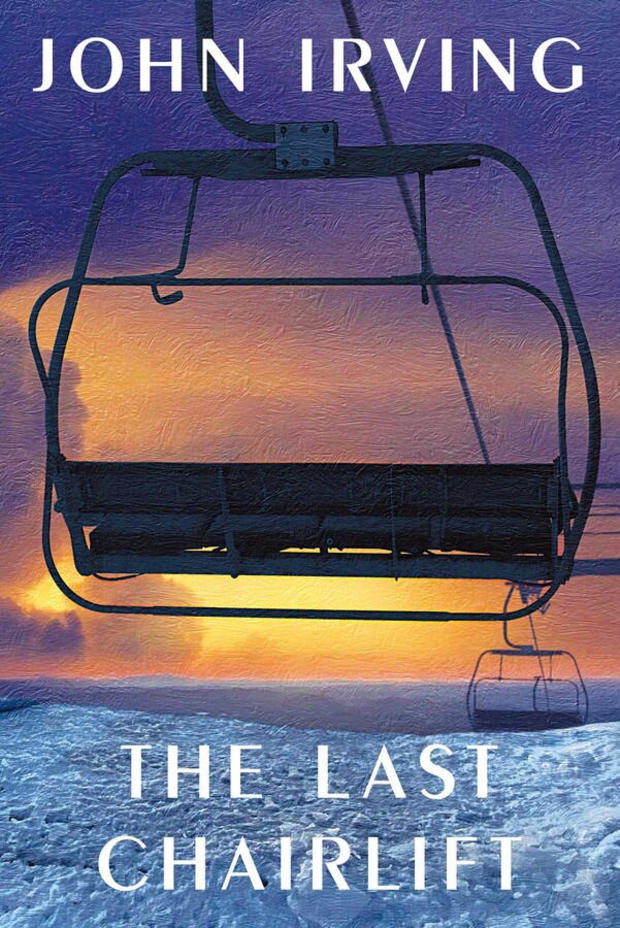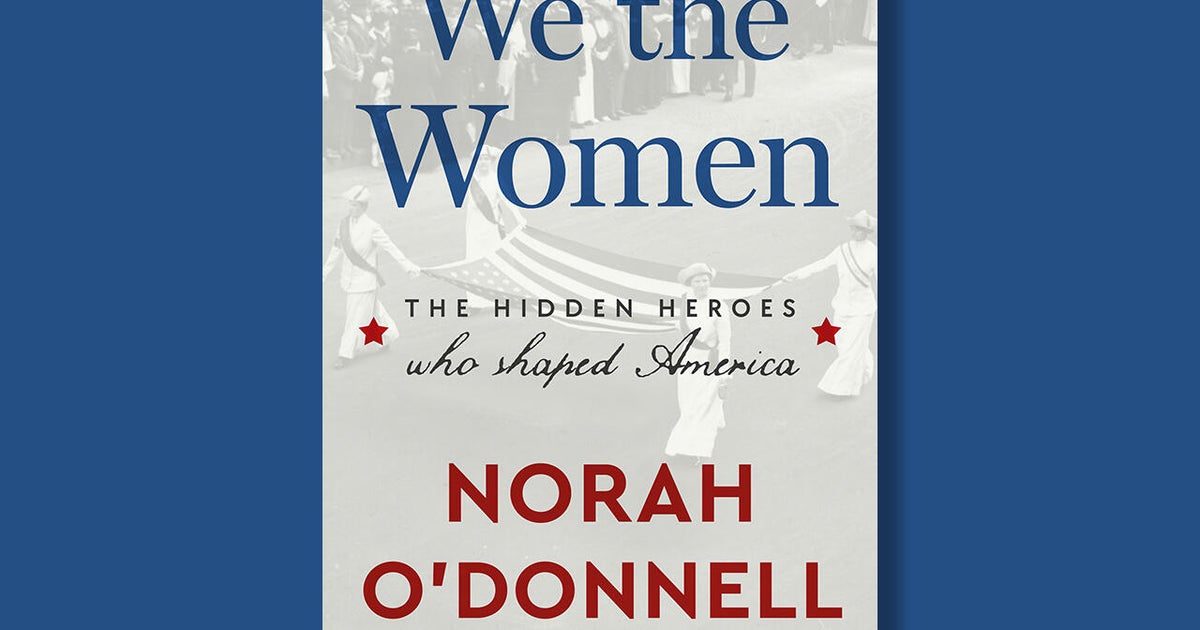Book excerpt: "The Last Chairlift" by John Irving
John Irving, the acclaimed author of such classics as "The World According to Garp," "The Cider House Rules," and "A Prayer for Owen Meaney," is back with his first novel in seven years, one that is by turns a tale of sexual politics and a ghost story.
"The Last Chairlift" (published by Simon & Schuster, a division of CBS' parent company Paramount Global) tells of a writer's search for answers about his family's past, and of the Aspen, Colorado, hotel that becomes the focus of his quest.
Read the excerpt below, and don't miss Rita Braver's interview with John Irving on "CBS Sunday Morning" October 23!
An Unmade Movie
My mother named me Adam, like you-know-who. She always said I was her one and only. I've changed some names, but not mine, and not the name of the hotel. The Hotel Jerome is real—it's a great hotel. If you ever go to Aspen, you should stay there, if you can afford it. But if anything happens to you along the lines of what happened to me, you should leave. Don't blame the Jerome.
Yes, there are ghosts. No, I don't mean those ghosts you may have heard were haunting the Jerome: the unregistered guest in Room 310, a drowned ten-year-old boy, shivering with cold and quickly disappearing, leaving only his wet footprints behind; the lovelorn silver miner, whose late-night sobbing has been heard while his apparition roams the halls; the pretty hotel maid who fell through the ice in a nearby pond and (notwithstanding that she died of pneumonia) occasionally appears just to turn down the beds. They aren't the ghosts I usually see. I'm not saying they don't exist, but I've scarcely seen them. Not every ghost is seen by everyone. My ghosts are vivid to me—they're very real. Some of their names have been changed, but I haven't changed a single essential thing about the ghosts.
I can see ghosts, but not everyone can see them. As for the ghosts themselves, what happened to them? I mean, what made them ghosts? Not everyone who dies becomes a ghost.
This gets complicated, because I know that not all ghosts are dead. In certain cases, you can be a ghost and still be half-alive—only a significant part of you has died. I wonder how many of these half-alive ghosts are aware of what has died in them, and—dead or alive—if there are rules for ghosts. "My life could be a movie," you hear people say, but what do they mean? Don't they mean their lives are too incredible to be real—too unbelievably good or bad? "My life could be a movie" means you think movies are both less than realistic and more than you can expect from real life. "My life could be a movie" means you think your life has been special enough to get made as a movie; it means you think your life has been spectacularly blessed or cursed.
But my life is a movie, and not for the usual self-congratulatory or self-pitying reasons. My life is a movie because I'm a screenwriter. I'm first and foremost a novelist, but even when I write a novel, I'm a visualizer—I'm seeing the story unfold as if it were already on film. Like some novelists, I know the titles and plots for novels that I won't live long enough to begin; like screenwriters everywhere, I've imagined more movies than I'll ever write. Like many screenwriters, I've written screenplays that I'll never see made as films. I see unmade movies for a living; I watch them all the time. My life is just another unmade movie, one I've seen before—one I'll go on seeing, again and again.
They publish your novel, they make your screenplay—these books and movies go away. You take your bad reviews with the good ones, or you win an Oscar; whatever happens, it doesn't stay. But an unmade movie never leaves you; an unmade movie doesn't go away.
Excerpted from "The Last Chairlift" by John Irving. Copyright © 2022 by John Irving. Reprinted by permission of Simon & Schuster, Inc., N.Y.
For more info:
- "The Last Chairlift" by John Irving (Simon & Schuster), in Hardcover, Large Print, eBook and Audio formats, available via Amazon, Barnes & Noble and Indiebound
- john-irving.com




